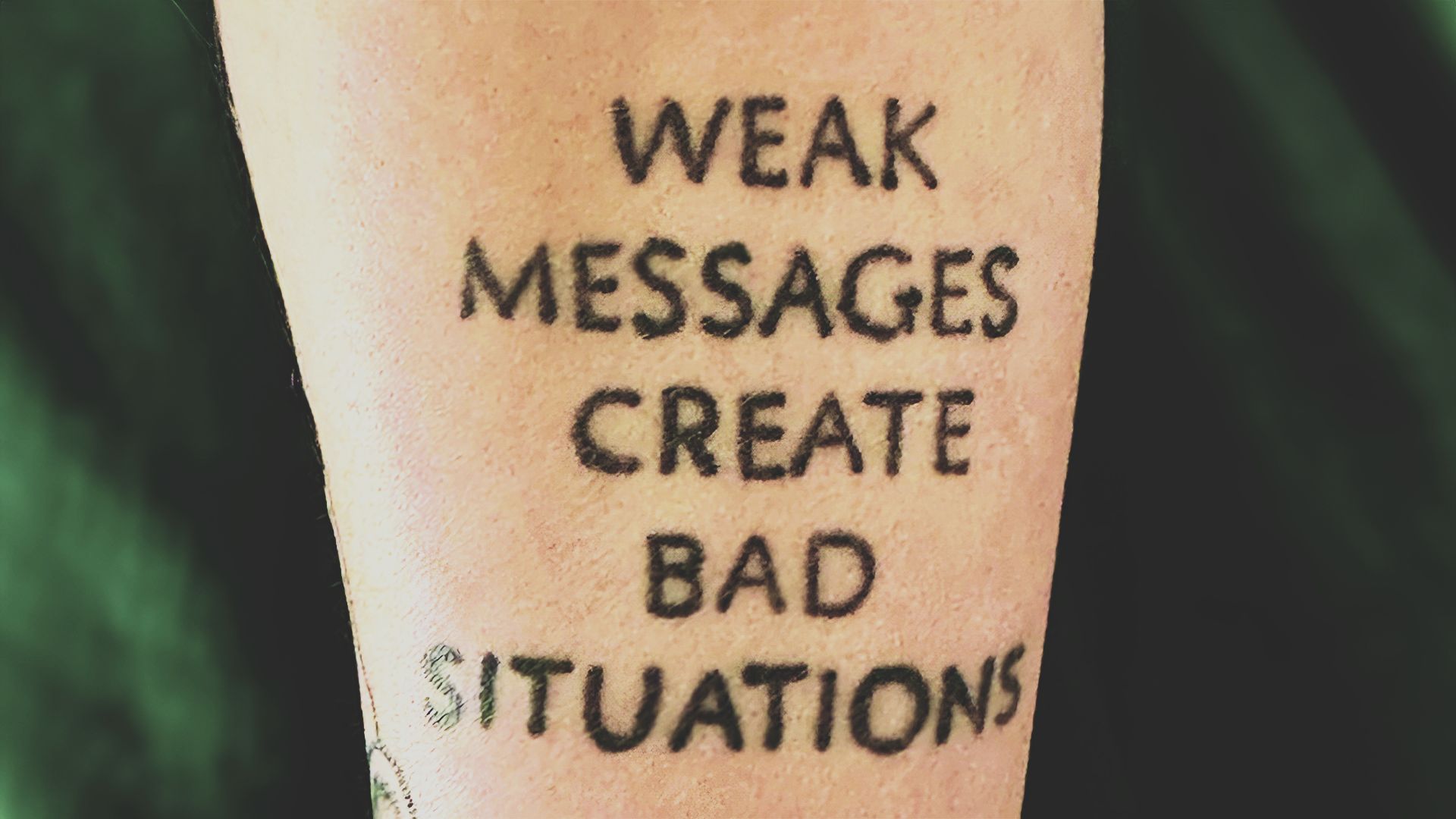By Jen Detwiler
How do you answer the questions that you don’t want to answer? If you spend any time speaking with the media, chances are you’ve been confronted with a question you’d rather not answer—or in many cases, can’t because of policy, protocol, or legal constraints. Having a plan to handle these situations, and then practicing them before they happen, can give you the confidence you need to remain calm when go from the frying pan into the first.
Can I just say “No Comment”?
It’s easy to think you’ll simply say, “no comment” when confronted with difficult or sensitive questions. But that tactic is risky. It may stop the questioning, but except for very specific and infrequent cases, it raises suspicion, implies guilt, and makes it seem as if you have something to hide.
There are myriad ways to be reasonably responsive without actually answering the question you’re trying to avoid. And yes, savvy reporters will understand what you’re doing. But a calm, composed, professional, and polite response – even if you don’t directly answer the question – will earn you far more respect that a gruff “no comment.”
Deflect with a Positive Statement
One of the most effective ways to avoid commenting on something sensitive is to pivot the conversation towards something more neutral or positive. You acknowledge the question but take the conversation in another direction. For example: “There’s certainly a lot of interest in that, but right now we’re focused on the exciting opportunities ahead.”
With this approach you acknowledge the question and the issue and show respect for the person asking it, but you shift the spotlight to something you are comfortable discussing, keeping the tone upbeat and forward-looking.
If policy or procedure prevents you from commenting, it’s OK to say so.
If an office or organizational policy prevents you from commenting on an issue, it’s fine to be up front about that, and it allows you to keep a positive rapport with the person asking. This strategy is especially common in law enforcement or legal settings. For example, “It’s our policy to not comment on ongoing investigations.”
Using a policy-based approach gives a clear message that the topic is off limits and has an added benefit of demonstrating your organization’s concern for and commitment to the integrity of the process.
Clear-Cut Confidentiality Concerns
Sometimes, especially in business or legal settings, citing confidentiality is an appropriate and respectful way to decline an answer. This approach provides a legitimate reason that you’re withholding information and emphasizes your professionalism and commitment to discretion. For example, “I’m not at liberty to discuss that due to confidentiality agreements.”
This is effective because it gives the reporter a legitimate reason that you cannot answer and frames your response as ethical and considerate.
Offer a Non-Specific Answer
A broad response that addresses the general subject without diving into specifics allows you to speak without giving away any sensitive information. “We’re always looking at various possibilities, but nothing has been decided yet.”
This type of response signals that you’ve heard the question, but it doesn’t put your organization at risk by providing information that is inaccurate or subject to change.
Acknowledge and Postpone
There no rule that says you have to answer a question the moment it’s asked. In situations where you may want to address the issue later or simply need time to prepare, you can acknowledge the question but postpone your answer. This gives you time to prepare, without dismissing the question altogether. “I can’t provide any details right now, but I’d be happy to update you as soon as I have more information.”
You can even ask the reporter to contact you if they haven’t heard from you within a certain timeframe. This response conveys that you’re not avoiding the question entirely, you’re earnest about wanting to be helpful, and gives you the time you need to provide the best possible response.
“I don’t know” is A-OK
Related to the “no comment” issue is the issue of “I don’t know.” You may run into situations were you actually don’t mind answering a question, but you simply don’t know the answer. It’s natural to want to have all the answers, but unless you’re 100% sure of your facts, a simple, “I’m not sure, let me check and get back to you,” is perfectly acceptable. And it’s much better than guessing and being wrong.
Odds are you know the difficult questions that you’ll encounter. Take some time to script out answers that are polite, but don’t reveal sensitive information. Then, with a colleague, conduct a mock interview session. We know no one likes to watch themselves on camera, but we strongly encourage you to record your practice sessions and review them to find areas for improvement. Do you have a lot of people in your organization who could use this kind of training? Kestrel can help. We’ll develop and run a media training program, and if needed, help you develop media policies, so your employees are ready to respond with confidence when faced with difficult questions.




